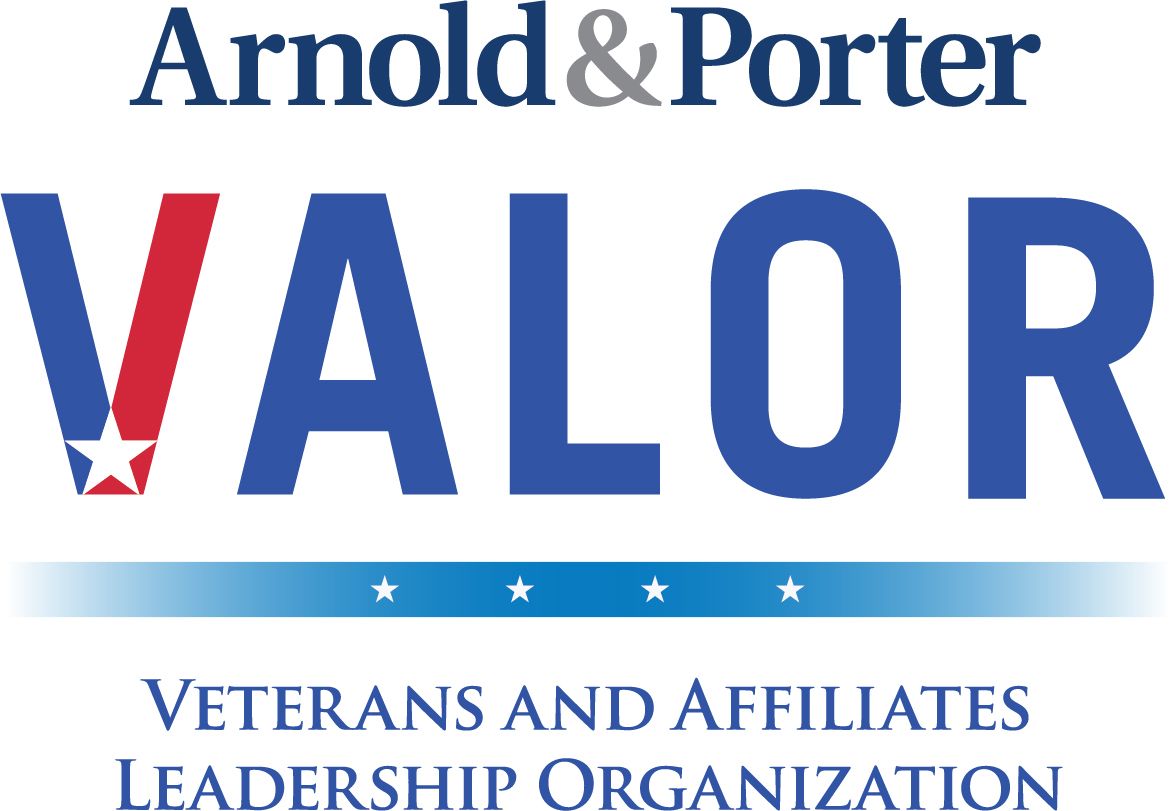The COVID-19 pandemic has severely disrupted the US and global economies and has had devastating impacts on the health and financial security of Americans. Nearly 5.5 million Americans became unemployed during the second week of April alone, and Department of Labor data reveals that roughly 22 million Americans have lost their jobs during the pandemic.1 Many more will see their wages drop.
On March 27, 2020, in an effort to stimulate the economy, avoid economic crisis, and provide financial relief to Americans affected by the pandemic, Congress passed and the President signed into law the Coronavirus Aid, Relief, and Economic Security Act (CARES Act). Among its many provisions, the CARES Act includes important protections and assistance for individuals, including veterans, facing financial hardship due to COVID-19. In particular, one of the Act's provisions provides mortgage forbearance for those holding various types of federally backed mortgage loans, including those that are "guaranteed or insured by the Department of Veterans Affairs" (VA Mortgages).2 This statute also prohibits VA Mortgage servicers from foreclosing on any property for 60 days except those that are vacant or abandoned.3
In this context, the forbearance takes the form of an agreement in which the mortgage lender (or its servicer) allows the borrower to delay or reduce mortgage payments for a specific timeframe. The forbearance is not forgiveness: there is no reduction in principal, and borrowers will be responsible for making up any payments that were skipped as part of the forbearance. But during the forbearance period, lenders may not impose any "fees, penalties, or interest beyond the amounts scheduled or calculated as if the borrower made all contractual payments on time and in full."4 Essentially, forbearance provides for a temporary pause in payment obligations for an initial period of 180 days; at the end of that period, the borrower may request an additional 180-period of forbearance.5
Veterans with VA Mortgages are entitled to forbearance if they are "experiencing a financial hardship due, directly or indirectly, to the COVID-19 emergency.6 The law does not establish a specific standard for what constitutes a qualifying financial hardship, but examples might include loss of income or medical expenses resulting from the COVID-19 emergency. To receive the forbearance, applicants are not required to affirmatively demonstrate hardship. Rather, they need only request a forbearance from the company that services their mortgage and attest that they have suffered financial hardship due to COVID-19.7 A simple, signed statement will be enough: mortgage servicers cannot require any additional documentation as a condition of granting the forbearance, though borrowers should remember that it is illegal to make false statements to a bank, and it would be prudent to maintain records demonstrating the financial hardship that is being claimed.
Arnold & Porter's Veterans and Affiliates Leadership Organization (VALOR) was founded in 2014 by two associates who are veterans of the US military. VALOR is now the firm's affinity group for our military veterans, reservists, individuals who served the military in a civilian capacity and personnel who are interested in issues impacting the military and veterans. VALOR's mission is to build on the leadership skills, experience, and values of our veterans and affiliates to benefit the firm, its clients, and our communities. VALOR members participate in leadership development, community service, recruiting programs, pro bono, and support networks focused on improving the lives of currently serving military members and veterans.
Footnotes
1. Unemployment Insurance Weekly Claims, Dep't of Labor (Apr. 16, 2020); Rebecca Rainey, Jobless claims reach 22 million over four weeks, Politico, (Apr. 16, 2020).
2. CARES Act §§ 4022(a)(2)(D) and 4022(b).
Originally published 17 April, 2020
The content of this article is intended to provide a general guide to the subject matter. Specialist advice should be sought about your specific circumstances.



